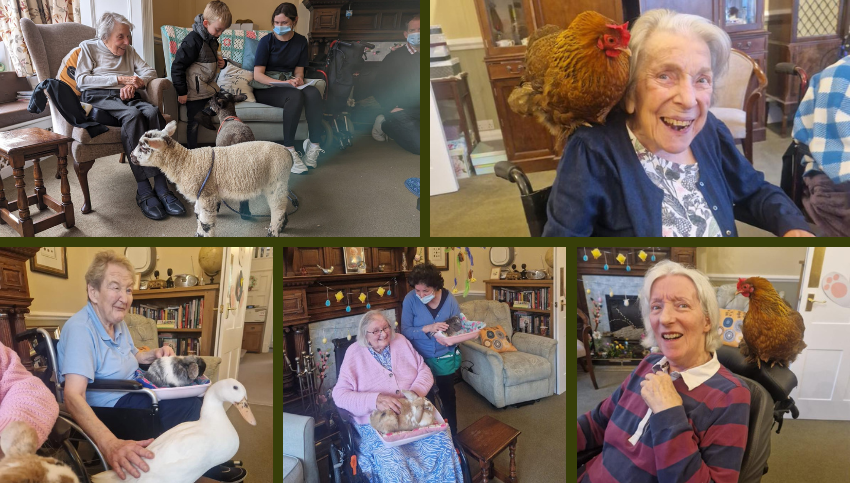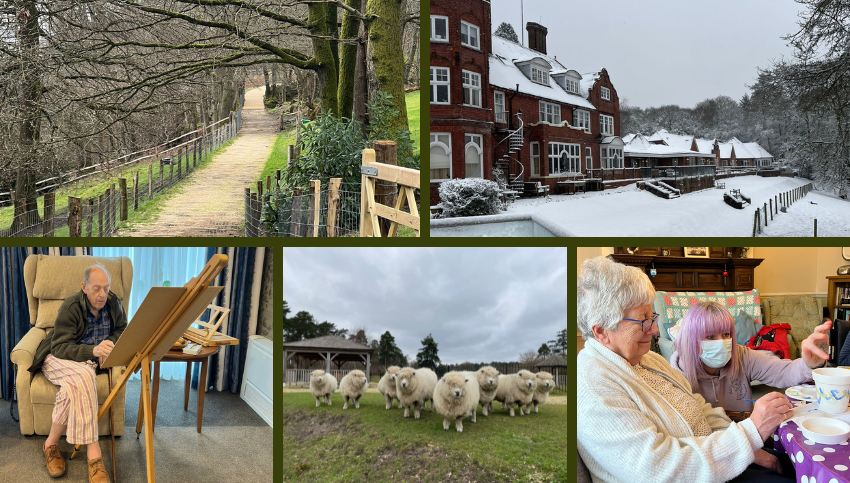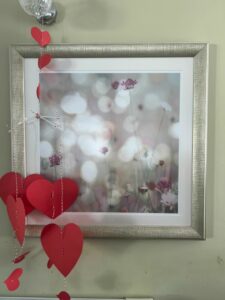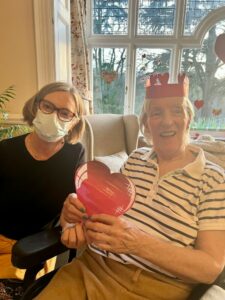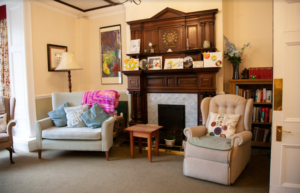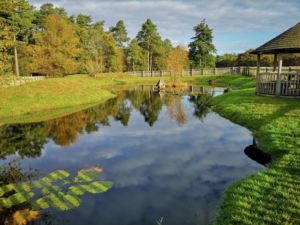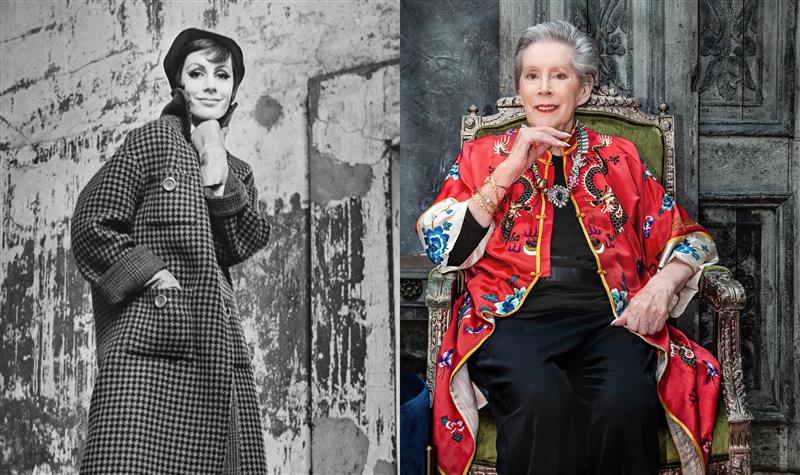I recently came across a lady who calls herself Granny Skills, and who is on a mission to preserve the skills, knowledge and traditions of her elders.
Granny skills
There has certainly been a resurgence in ‘granny skills‘ recently, and she alone has written five books on the subject and has tens of thousands of followers on social media.
Yet here we are, seeing the same elderly people who have these skills suffering from loneliness and boredom, often developing depression as a result. Yes, care homes help combat some of this with their communal living and 24/7 staff, but there’s so much more that could be being done.
Creating connections
It’s all very well having people around but unless you have connections with those people you can still feel lonely. I moved to London when I was younger and hated it – I lasted six months. I was surrounded by people but have never felt so lonely. I didn’t know anyone, or maybe more importantly, no-one knew me.
Care homes can be similar. With the majority of interactions being with people who are paid to look after you, it can be tricky to break down that ‘us and them’ barrier and form meaningful relationships.
When you need help with intimate personal care, you’d be forgiven for not wanting to invite the carers to sit down and have dinner with you afterwards. Likewise, carers are often encouraged to remain professional and not blur the lines between their personal lives.
Our Butterfly Model of care, however, promotes ‘attached professionalism’, which encourages the people who live and work here to be real with each other – to share their lives with each other.
I might have never known that Mrs Coley (who lives at Huntington House) made lace – she keeps herself to herself, like many of her generation – but I just happened to mention that my daughter, Rose, had started learning to sew and we struck up a conversation. One thing led to another and Mrs Coley invited Rose to come and see her lace-making in action. I’m not sure Rose quite has the patience to make lace yet (she’s only four years old!) but when she spotted her name on one of the commemorative bobbins in Mrs Coley’s collection, she was so excited.
We’ve arranged to get together again so Rose can bring in her own sewing to show Mrs Coley, and I think they’re both as excited as each other about it. I might be biased, but in my opinion, these inter-generational connections are the way forward for adult social care.
Whether it’s Ben, a Duke of Edinburgh volunteer, playing the piano for Mr Southgate, a former jazz musician, or Helen, a Greek national working as a laundry assistant, listening to Mrs Bond, a WWII survivor, recount stories of how she narrowly missed being bombed while on ‘lookout’ in Bath, the connections are always mutually beneficial.
The key is creating opportunities for these connections – a positive staff culture, volunteer visits, and liaising with local schools and nurseries etc. – and enabling them to happen as part of everyday life in a care home. It is often group activities such as quizzes and bingo that are considered the key to tackling loneliness, but while they will always have their place, I believe we should be tapping into the potential of each individual interaction to make people feel truly befriended.
